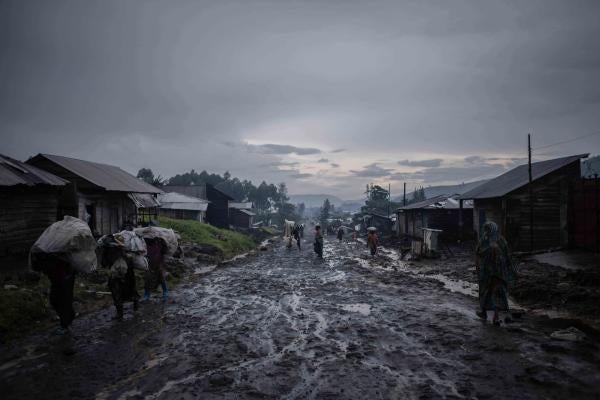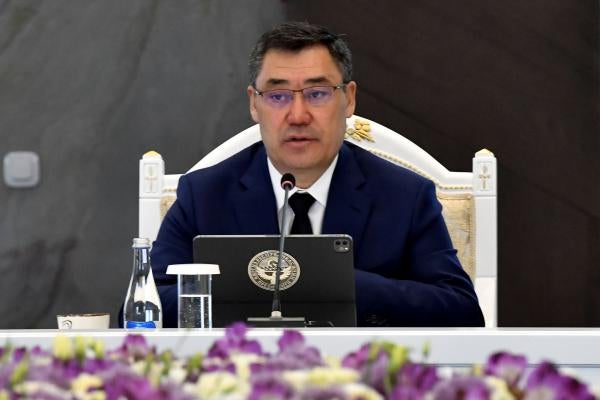Lire la version en français
Over the past five years, India has shut down the internet more than any other country.
State governments use internet shutdowns to try to weaken, or prevent protests. They’ve also flipped the off switch in response to communal violence and other law-and-order concerns. They’ve used shutdowns as a kind of collective punishment, for example when security forces feel they’re not getting enough public help in the hunt for a fugitive.
They’ve even shut down the internet in entire districts to prevent cheating during exams in schools and for government jobs.
The authorities’ hair-trigger approach to blocking connectivity impacts millions in their daily lives, especially those in rural areas. They depend on internet access through mobile phones for everything from banking, to paying utility bills, to accessing necessary official documents.
As a 35-year-old Dalit woman with five children from Rajasthan told researchers for a new report: “When the internet is shut down, I have no work, do not get paid, cannot withdraw any money from my account, and cannot even get food rations.”
Internet shutdowns also impact key social protection policies like the one providing subsidized food grains. People have to link their ration card with a biometric identity system, and food grain distribution points require that authentication – which needs a connection to the internet to work.
The government has pushed to have a lot of services online in recent years. It’s been a major effort called “Digital India,” making the internet fundamental to every aspect of life.
That makes it stranger still – and more problematic from a human-rights standpoint – that authorities keep shutting down the internet again and again. On the one hand, they’ve made connectivity essential. On the other, they too often make it impossible.
The internet has become too important in people’s day-to-day lives to turn it off on a whim or to use shutdowns as a default policing measure.
As my colleague and expert Jayshree Bajoria, says: “Cutting off access to the internet should be the absolute last resort, with safeguards to ensure people aren’t deprived of their livelihoods and basic rights.”






